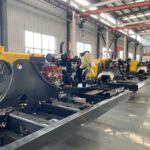欢迎来到我的博客!
在我们深入探讨内容之前,我希望您加入我的社交媒体平台,在那里我会分享更多见解、与社区互动并发布更新。您可以通过以下方式与我联系:
Facebook:https://www.facebook.com/profile.php?id=100066759548969
现在,让我们一起开始我们的旅程。我希望您觉得这里的内容富有洞察力、引人入胜且有价值。
介绍
When embarking on a construction project, selecting the right equipment can significantly impact efficiency and cost-effectiveness. One of the most versatile machines in the construction arsenal is the small excavator. Often used for digging, landscaping, demolition, and utility work, a small excavator can be an invaluable asset. However, with many options available, knowing how to choose the best small excavator for your project can be daunting. This blog will guide you through various factors to consider while making your choice, along with a helpful comparison table.
Understanding Small Excavators

What is a Small Excavator?
A small excavator typically refers to machines weighing between 1 to 10 tons. Despite their compact size, these excavators are equipped with powerful engines and advanced hydraulic systems, allowing them to perform a variety of tasks efficiently. They are ideal for tight spaces and smaller jobs, making them popular among contractors, landscapers, and DIY enthusiasts.
Advantages of Using Small Excavators
操控性: Their compact size allows small excavators to navigate tight spaces and congested job sites with ease.
多功能性: These machines can be fitted with various attachments such as buckets, augers, and breakers, making them suitable for different projects.
Ease of Transport: Small excavators can be easily transported using standard trailers, reducing transportation costs.
Cost-Effective: Generally, they are more affordable to purchase or rent, making them accessible for smaller businesses and individual contractors.
Factors to Consider When Choosing a Excavator Small
Weight Class and Size
这 weight class of the excavator plays a crucial role in its performance. Lighter machines (1-3 tons) are suitable for landscaping and small demolition tasks, while heavier models (7-10 tons) can handle more demanding jobs. Assess your project’s requirements to determine the appropriate size.
发动机功率和性能
Look for models with sufficient engine power to perform your intended tasks. Ensure that the horsepower (HP) aligns with the excavation depth and reach required for your project. Additionally, consider the machine’s hydraulic flow rates, as higher rates generally mean better performance with attachments.
Operating Radius and Reach
这 operating radius and maximum reach are vital when working in confined spaces. Measure the dimensions of your work area and ensure the excavator can access all required spots without difficulty. A machine with an extended reach can maximize the area covered during operation.
Fuel Efficiency and Operating Costs
Given rising fuel prices, fuel efficiency is an important consideration. Look for models designed with fuel-saving technology. Additionally, evaluate the operating costs, including maintenance, parts, and service intervals, to manage your budget effectively.
Additional Features and Attachments
Identify any special features that can enhance performance, such as improved visibility, ergonomic controls, and advanced safety systems. Furthermore, verify the availability of attachments that fit the excavator to maximize its functionality.
Comparison Table of Popular Small Excavators
| 模型 | 工作重量 | 发动机功率 | Max Dig Depth | Max Reach |
|---|---|---|---|---|
| Mini-X 300 | 3,000 lbs | 25 HP | 6.5 ft | 10英尺 |
| Bandit 500 | 5,000 lbs | 40 HP | 9.5 ft | 12 ft |
| Tiny Excavator 700 | 7,000 lbs | 55 HP | 11 ft | 14 ft |
| Compact Digger 1500 | 1,500 lbs | 15 HP | 5 ft | 6 ft |
| PowerDig 600 | 6,000 lbs | 50 HP | 10英尺 | 13 ft |
In the table above, we provide details on several popular small excavators that can serve various project needs. By reviewing their specifications, you can better assess which model aligns with your project requirements.
Rental vs. Purchase: What’s Best for Your Project?

Benefits of Renting a Small Excavator
Renting a small excavator can be an economical choice for short-term or one-off projects. It allows you to avoid the costs of maintenance, storage, and potential depreciation. Additionally, rental companies often provide the latest models, ensuring access to top-of-the-line technology and attachments.
Advantages of Purchasing a Small Excavator
On the other hand, if you frequently undertake projects requiring excavation, purchasing may be more beneficial in the long run. Ownership provides the flexibility to use the excavator as needed and can lead to cost savings over time. Remember to factor in maintenance and repair costs associated with ownership.
结论
选择最好的 small excavator for your project requires careful consideration of various factors, including weight class, engine power, and operating costs. By evaluating your specific needs and comparing available models, you can select an excavator that enhances efficiency and productivity. Whether you opt to rent or purchase, understanding these elements will ensure you make a well-informed decision that aligns with your project goals.
常问问题
What is the price range for an excavator small?
The price of an excavator small varies by brand, model, and configuration, typically ranging from tens of thousands to over a hundred thousand yuan. For specific pricing, you should consult local dealers.
What is an excavator small?
An excavator small is an excavating machine designed for small-scale projects and tight spaces. It typically has a smaller operating radius and greater flexibility, making it suitable for urban construction, landscaping, and other projects.
What types of work are suitable for an excavator small?
An excavator small is suitable for digging, backfilling, transporting materials, and landscaping, especially in confined spaces.
What are the differences between an excavator small and a large excavator?
An excavator small is smaller in size and weight, offering more nimble maneuverability for small-scale tasks, while large excavators are used for heavier construction and large-scale excavation.
What maintenance should I pay attention to for an excavator small?
Maintenance of an excavator small includes regularly checking hydraulic fluid levels, cleaning air filters, inspecting track wear, and ensuring all electrical systems are functioning properly.
Can I rent an excavator small?
Yes, many equipment rental companies offer rental services for excavator small, providing flexible options based on rental duration and usage needs.
How do I choose the right excavator small?
When choosing an excavator small, consider factors such as the type of work, equipment specifications, operating environment, budget, and whether additional attachments are needed.
Is an excavator small suitable for beginners?
Yes, due to its maneuverability and relatively simple operation, an excavator small is suitable for beginners to learn and operate, although proper training is still necessary.
What safety precautions should be observed when using an excavator small?
When using an excavator small, ensure the equipment is stable, follow safety operating procedures, wear necessary protective gear, and be aware of the surrounding environment.
What environmental advantages does an excavator small have?
Excavator small typically has lower energy consumption and generates less noise, making them suitable for operations in environmentally sensitive urban and residential areas.

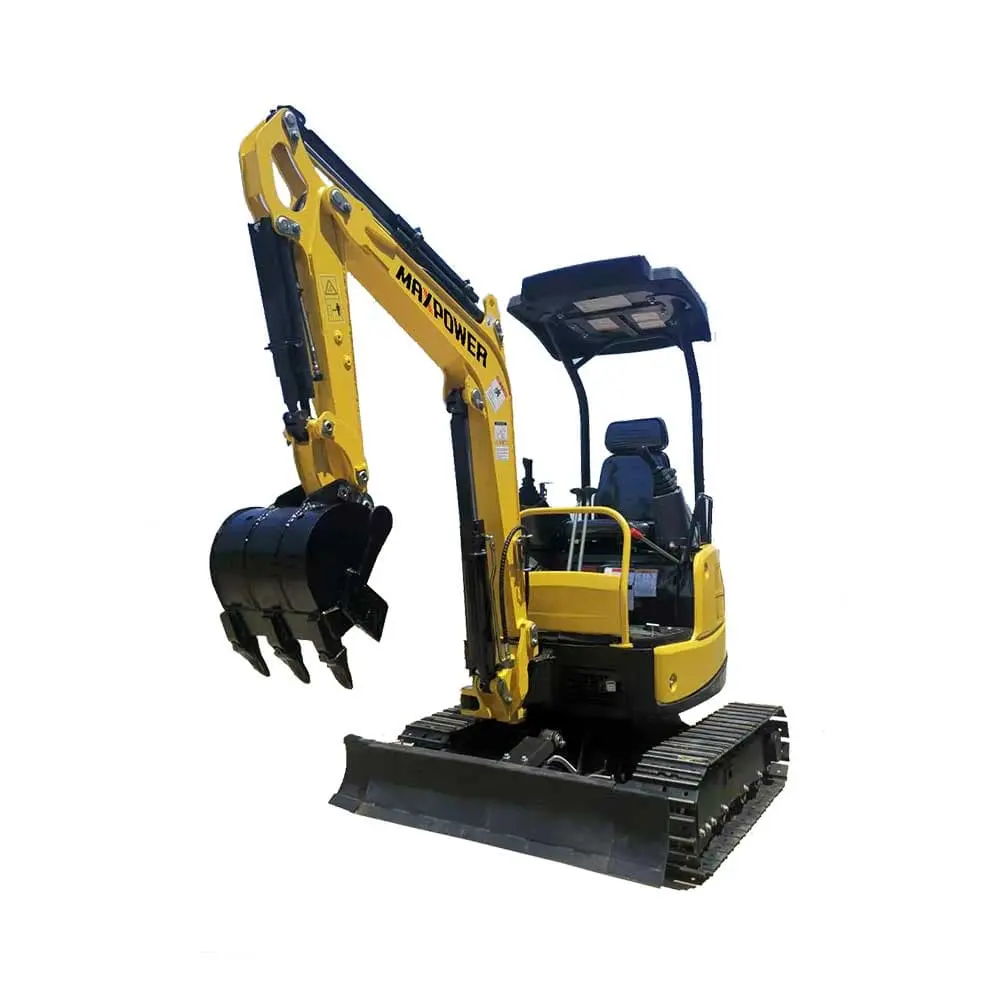
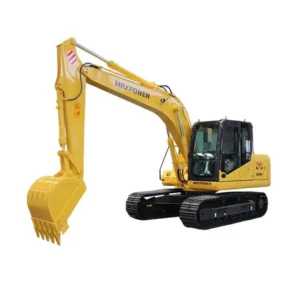
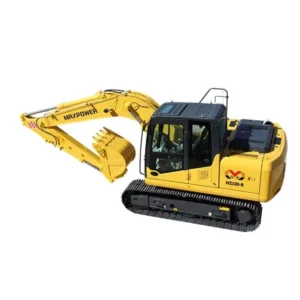
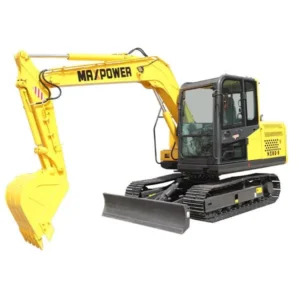
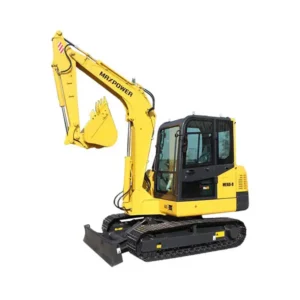
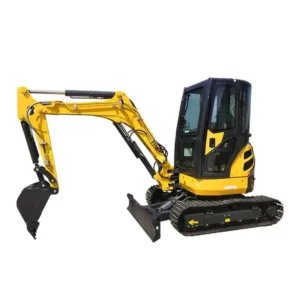
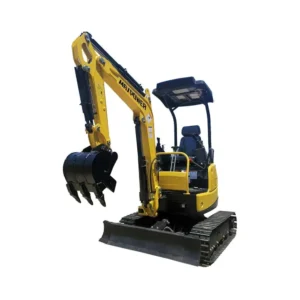





-150x150.webp)
